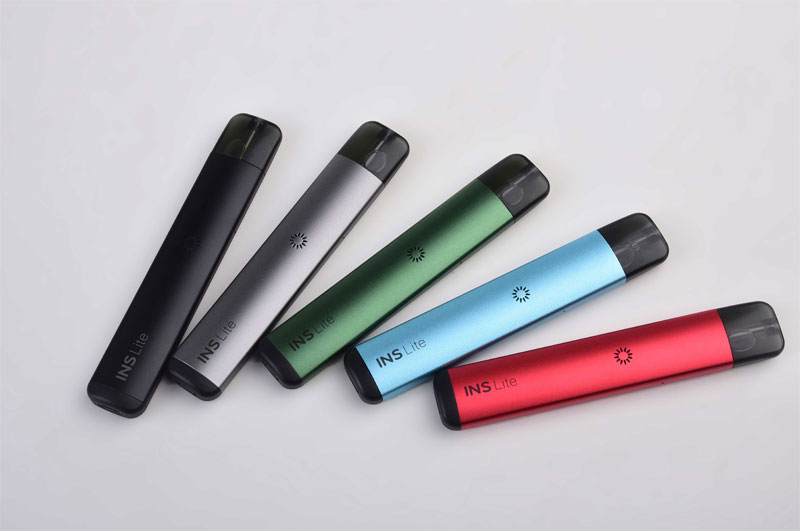Vietnam’s approach to the legal status of e-cigarettes is a topic of significant debate and evolving policy, making it crucial to explore current regulations and predict the landscape in 2025. With the global vaping industry growing at an unprecedented pace, understanding Vietnam’s regulations is pivotal for both consumers and manufacturers. As of now, the e-cigarette market in Vietnam operates in a regulatory gray area. Though there isn’t an outright ban on vaping products, the sale and marketing are subject to heavy scrutiny, influenced by the government’s public health objectives and societal perceptions.
Current Framework and Challenges
The Vietnamese government has adopted stringent tobacco control measures over the past decade under its commitment to the WHO Framework Convention on Tobacco Control (FCTC). Traditional tobacco products are highly regulated, and e-cigarettes have often been scrutinized under the same lens despite being a separate category. A significant roadblock to clearer legislation stems from the lack of differentiation between traditional smoking and vaping in public health discourse. This ambiguity leaves potential investors and end-users uncertain of how regulations may evolve.
Public Perception and Health Concerns
Public attitudes towards e-cigarettes in Vietnam are mixed. On the one hand, proponents argue that vaping products offer a less harmful alternative to combustible tobacco, potentially aiding in harm reduction. On the other hand, skeptics worry about the risks of youth exposure and perceived health hazards. Both sides influence lawmakers, contributing to the current standstill in comprehensive regulation.
Health-related campaigns and awareness programs often lump e-cigarettes with traditional cigarettes, further complicating their path toward legality and wide acceptance. Nevertheless, health agencies advocate for stricter norms to curb unregulated advertisements targeting young users.
Vietnam in 2025: Anticipated Developments
Looking ahead to 2025, various scenarios could unfold for e-cigarettes in Vietnam. Policy shifts could be influenced by international trends, where countries are increasingly introducing policy frameworks that strike a balance between public health concerns and market expansion. If this trend extends to Vietnam, we can expect refined legislation clearly distinguishing between vaping and traditional smoking. Possible regulatory developments include:
- A specialized tax framework: To deter misuse but also capitalize on the industry’s revenue potential.
- Clear labeling and packaging laws to inform consumers about risks and benefits.
- Licensing requirements for manufacturers and distributors to prevent counterfeit products.
- Bans on advertising that targets minors or promotes false claims.

Conversely, the government could enforce stricter measures, including a potential outright ban, if public concerns override economic interests. Regardless of the outcome, balancing public health and stakeholder demands will remain the core challenge for Vietnamese lawmakers.
The Role of Global Influence
Vietnam does not operate in isolation when it comes to public health policies. Global regulatory trends and data concerning the benefits and risks of e-cigarette usage could significantly impact Vietnam’s future regulatory stance. Countries like New Zealand and the UK, which promote vaping as a harm reduction tool, may serve as a model. In contrast, if international data continues to highlight risks or abuse among young demographics, Vietnam might adopt stricter prohibitions in alignment with nations like India and Thailand, which have enforced harsh restrictions on this category.

In terms of enforcement, streamlining the market with traceable and authentic products will be a priority to safeguard consumer interest and enhance public health outcomes.
Market Implications for Consumers and Businesses
If Vietnam establishes a regulated framework by 2025, it will likely open avenues for innovation and investment in the vaping sector. Local businesses might embrace opportunities to produce e-liquids and devices, creating niches catering to both domestic and export demands. More importantly, creating market transparency will build consumer trust, encouraging safer choices. However, in the absence of regulatory clarity, the rise of the black market can pose major hurdles not just for economic prospects but also for public health. Black-market items with counterfeit and low-quality ingredients can make their way to the public, undermining health objectives.
FAQs on E-Cigarette Legalization in Vietnam

Q1: Are e-cigarettes currently banned in Vietnam?
While e-cigarettes are not outright banned in Vietnam, their sale and promotion face numerous challenges due to a lack of specific legal frameworks.
Q2: Will Vietnam legalize e-cigarettes by 2025?
Though predictions cannot be definitive, Vietnam is likely to adopt more concrete policies around e-cigarettes by 2025, influenced by global trends and public health data.
Q3: What are the major concerns with e-cigarettes in Vietnam?
The primary issues include youth exposure, insufficient research on health impacts, and the prevalence of unregulated, counterfeit products in the market.